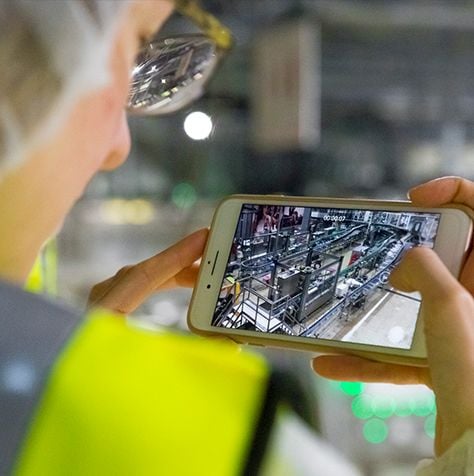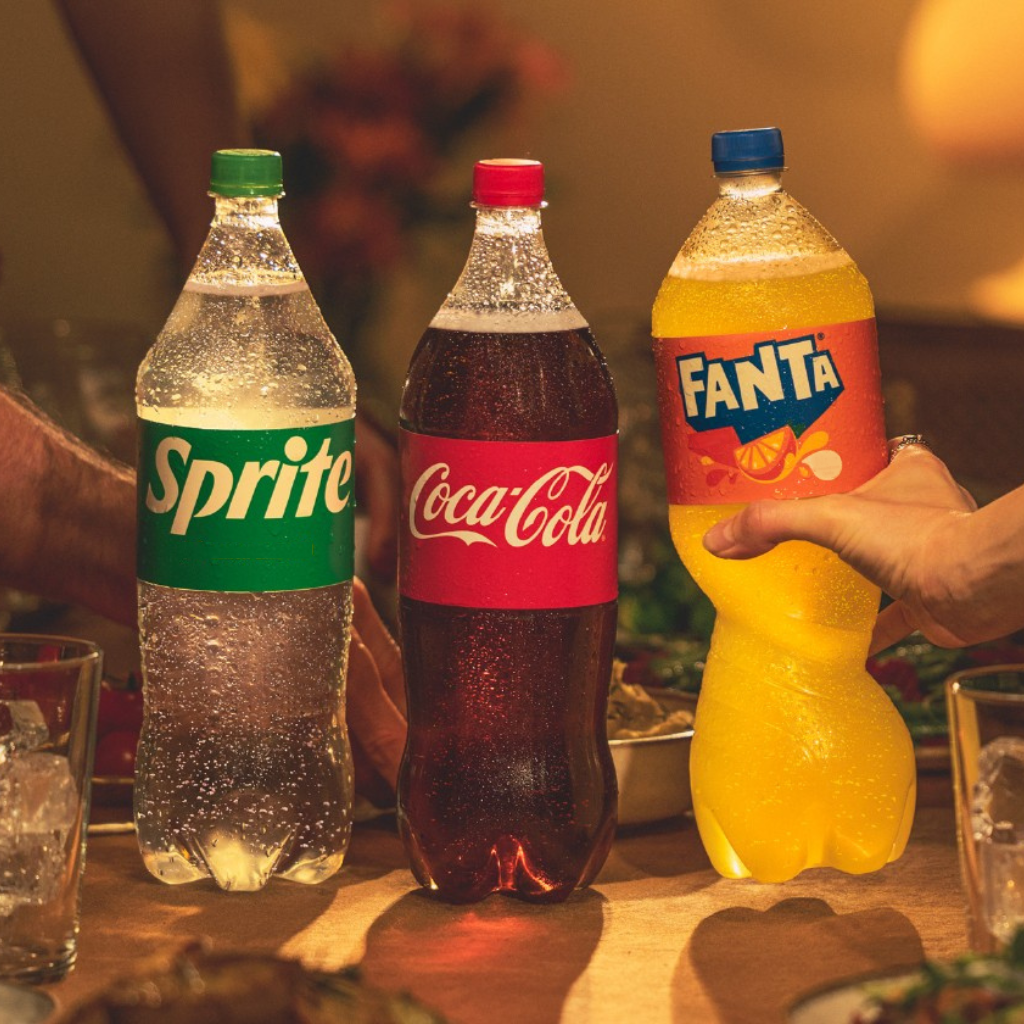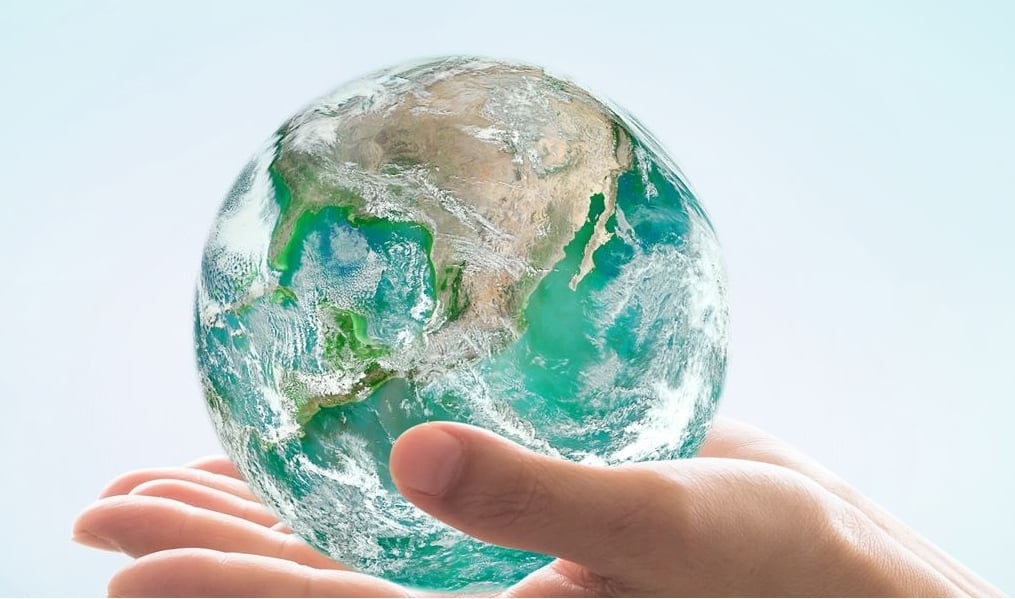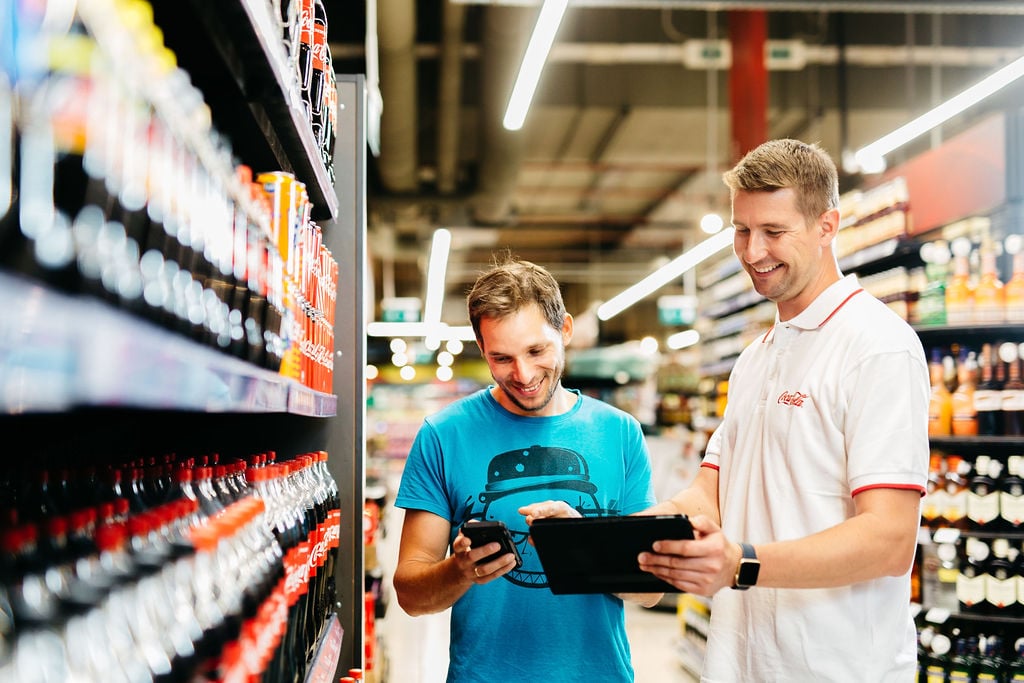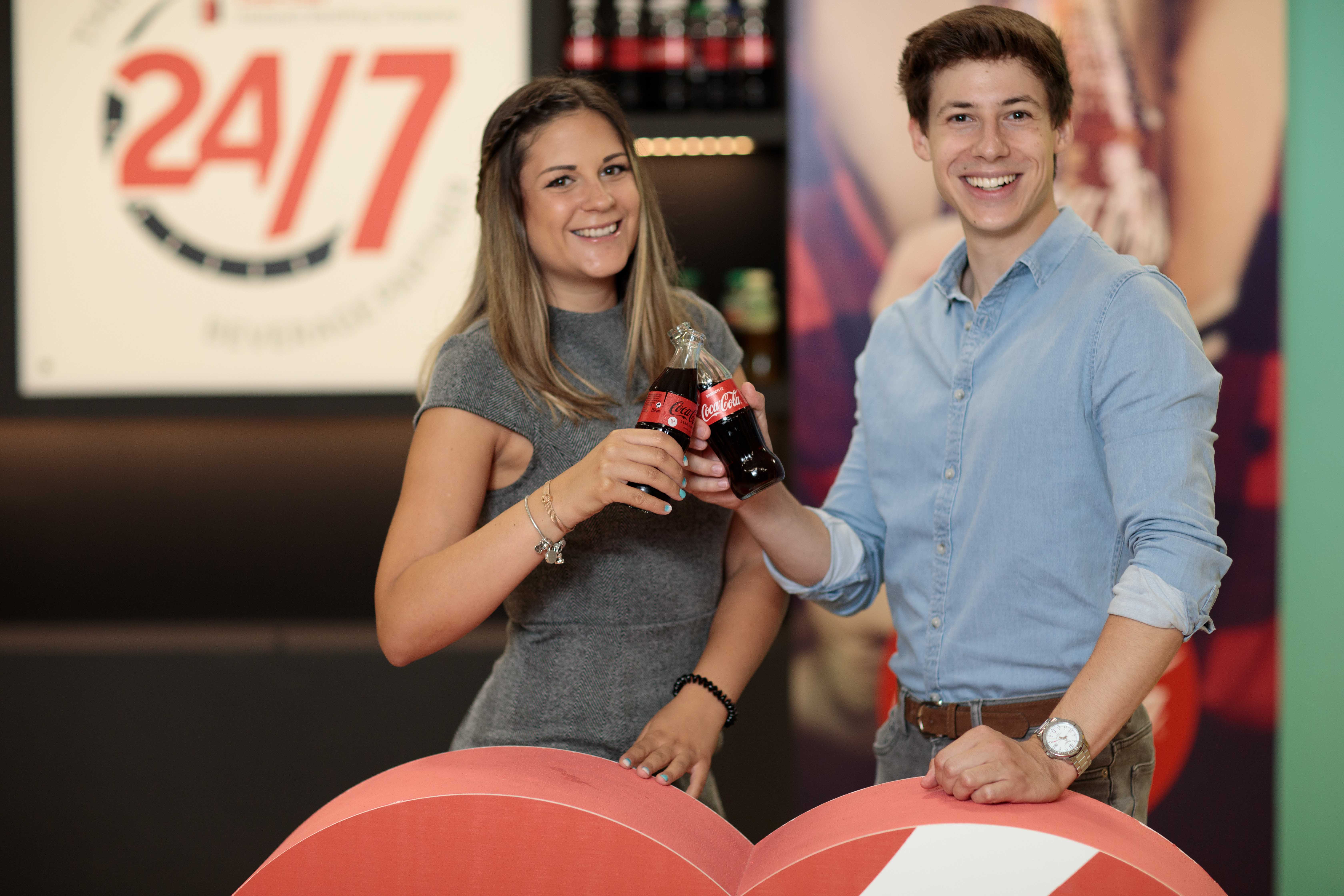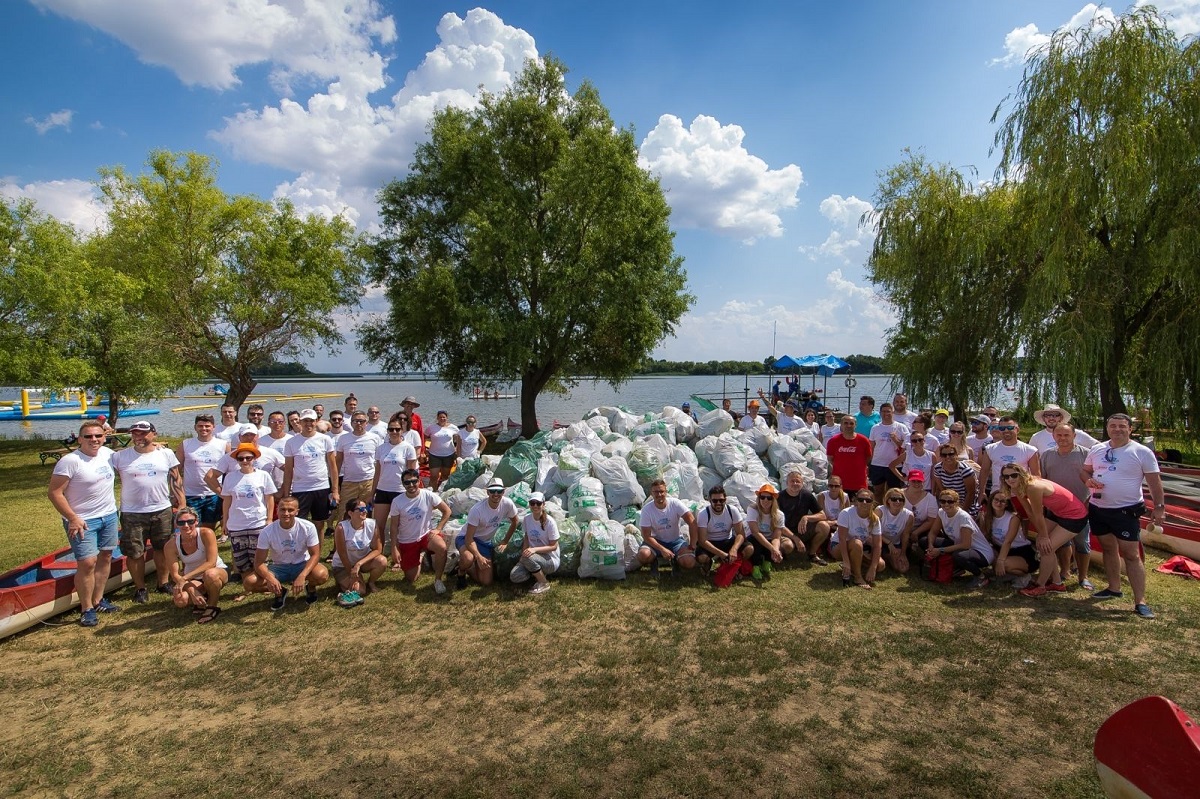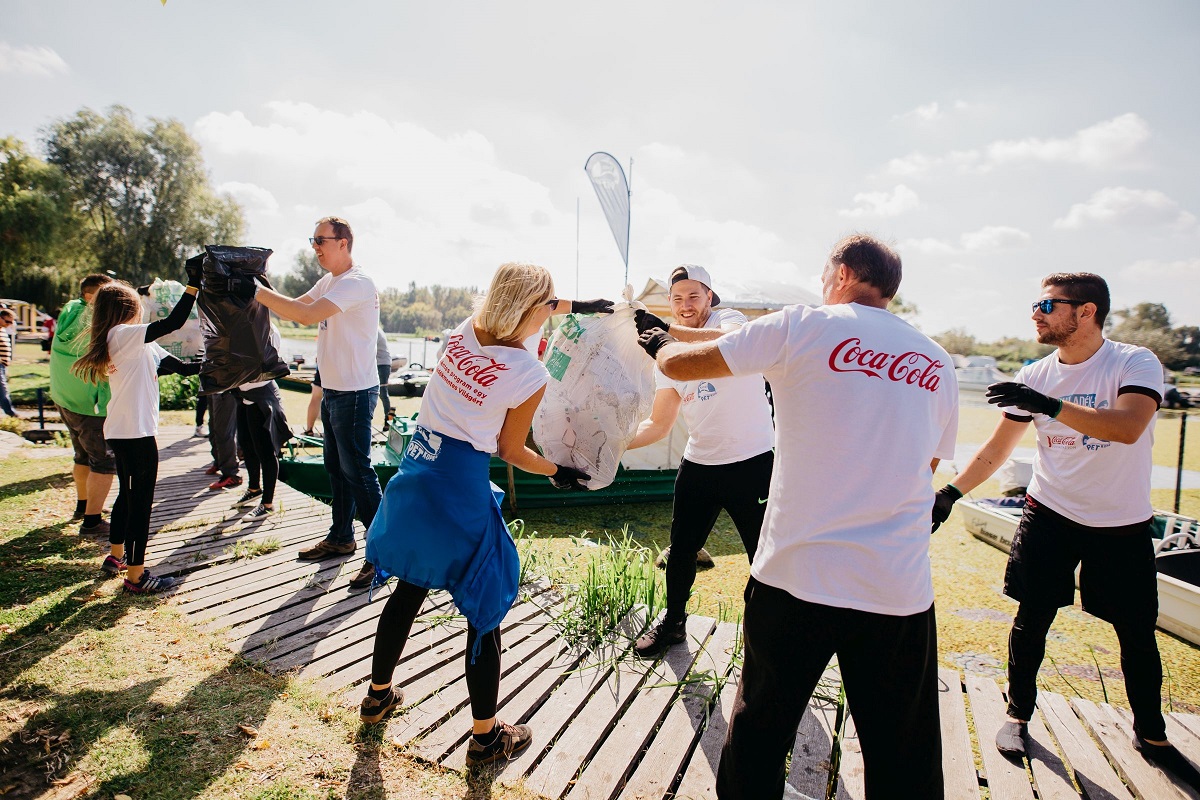The successes of the Zero Waste Tisza River program so far
The main goal of the Zero Waste Tisza River program is to collect and recycle at least 80 tonnes of waste in two years. The financial support for this is provided by Coca-Cola's global foundation, The Coca-Cola Foundation, with a funding of $ 250,000 (approx. HUF 73 million). With the help of the Plastic Cup and the General Directorate of Water Management, the Tisza and its area has been cleaned from more than 10,000 tonnes of waste and driftwood within the program. About 5.5 tonnes of plastic was shipped to the Waste Free Oceans organization for recycling, and nearly 80 tonnes of waste was processed during the year – almost meeting the target number in one year. In addition to the financial support, Coca-Cola Hungary has participated in three volunteer days so far, involving almost 170 employees. During the clean-up actions, a total of 7 tonnes of waste was collected from the river and its floodplains by the volunteers.
The program, launched just over a year ago, has already won Trade Magazine’s Symbol of Sustainability 2020 Award, as well as several international recognitions. The International PR Association, present in 80 countries, has awarded it in two categories of the Golden World Award; the program also won the Bronze Stevie Award of the International Business Awards, the Communitas Awards, and the HBLF Business World for the Environment Award.
The program won’t stop here!
At the end of August, during their most recent Kisköre action, Plastic Cup volunteers sorted 5 tonnes of waste in four days with the water management staff. In this action alone, 1.1 tonnes of plastic bottles were collected for recycling. The water management is continuously collecting the waste accumulated at Kisköre dam with the support of The Coca-Cola Foundation, and the Plastic Cup will continue to help them sort out the waste in the future.
The mapping of the waste’s path also continues. Experts of the Plastic Cup has recently let plastic bottles equipped with GPS into the river, with the help of the Upper Tisza Diving and Lifeguard Organization. The four bottles thrown into the flooding Tisza at Vásárosnamény are helping the Plastic Cup’s waste monitoring program. During the tracking research, the bottles receive GPS signals and transmit radio signals. The Plastic Pirates will further develop the transmitter bottle technology within the Zero Waste Tisza River project, so the bottles can serve the research that tracks the floating waste’s path for several years.

